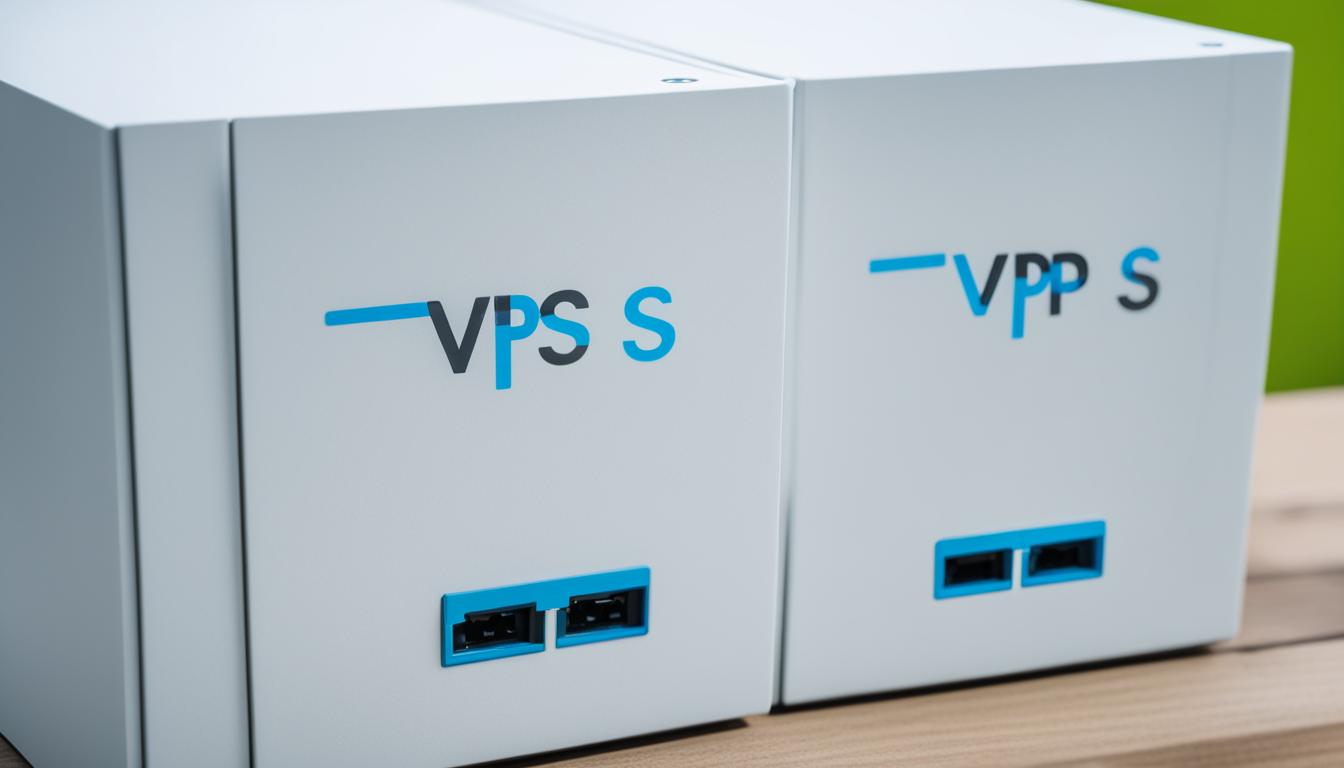The choice of hosting solution for your website is now more important than ever. Virtual Private Servers (VPS) and Virtual Dedicated Servers (VDS) are two top choices. But which one is best for your online presence? Knowing the difference between VPS and VDS could help unlock your website’s full potential.
Key Takeaways
- VPS and VDS are both cloud-based hosting solutions, but they differ in terms of resource allocation and performance characteristics.
- VPS offers a more cost-effective solution, with the ability to scale resources as needed, while VDS provides dedicated server-level performance and customization.
- The choice between VPS and VDS depends on factors such as website traffic, resource requirements, and the level of control and flexibility desired.
- Carefully evaluating the unique needs of your website can help you determine the most suitable hosting solution, VPS or VDS, to ensure optimal performance and cost-effectiveness.
- Understanding the key differences between VPS and VDS can empower you to make an informed decision that aligns with your business goals and website requirements.
The Difference Between VPS and VDS and Which Is Better?
Web hosting solutions like virtual private servers (VPS) and virtual dedicated servers (VDS) are popular. They offer different benefits. Knowing the main differences helps pick the right one for your website.
Understanding Virtual Private Servers (VPS)
A VPS gives you a share of server resources like CPU, RAM, and storage. It’s different from shared hosting because you have more control and can customize it. VPS is cheaper than a dedicated server, making it great for businesses or individuals needing moderate resources.
Exploring Virtual Dedicated Servers (VDS)
A VDS acts like a dedicated server but is virtual. It gives you full access to server resources. This makes it perfect for websites needing lots of resources or special settings. But, it’s pricier than VPS.
When deciding between VPS and VDS, think about server performance, resource use, and how much control you need. VPS is good for those needing moderate resources and a budget-friendly option. VDS is better for sites needing high performance, security, and custom settings.
“The choice between VPS and VDS ultimately depends on the specific needs and requirements of your website or business.”
Server Performance and Resource Allocation
Choosing the right website hosting is key. It depends on server performance and how resources are shared. Virtual Private Server (VPS) and Virtual Dedicated Server (VDS) options affect your site’s speed and reliability.
VPS hosting shares server resources among users but gives each a set amount of CPU, RAM, storage, and bandwidth. You can adjust these resources as your website grows. VDS hosting gives you a dedicated server, so you control all the resources, offering more customization.
- CPU and RAM: VPS hosting lets you pick from different CPU and RAM options to fit your site’s needs. VDS hosting means you get all the CPU and RAM to yourself, making your site run smoothly.
- Storage and Bandwidth: VPS hosting starts with a certain amount of storage and bandwidth but lets you upgrade. VDS hosting usually gives you more storage and bandwidth, ideal for sites with lots of traffic or big files.
- Performance Optimization: Both VPS and VDS hosting let you improve performance. VPS lets you adjust server resources. VDS lets you customize your server for better website performance.
When picking between VPS and VDS hosting, think about your website’s current and future needs. Knowing the differences in server performance and resource sharing helps you choose the best option. This ensures your website works well and gives visitors a great experience.
“Server performance and resource allocation are the cornerstones of a successful website hosting solution.”
Conclusion
After looking at VPS and VDS hosting, we see they have different benefits for different needs. VPS is great for small to medium websites with moderate traffic. It’s cost-effective and flexible, making it a top pick for many users.
VDS, however, gives you a dedicated server. This means more control, customization, and better performance. It’s perfect for big websites, online stores, or apps needing strong and reliable hosting.
Choosing between VPS and VDS depends on your website’s needs, budget, and your tech skills. VPS is good for those wanting a mix of price and performance. VDS is best for businesses needing top-level control, security, and growth in their hosting.







